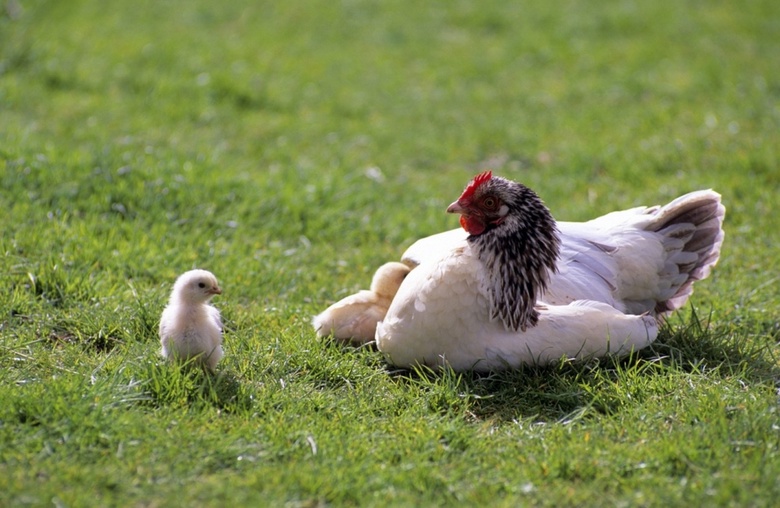The Christian Ethics of Farmed Animal Welfare project (CEFAW) is now fully immersed in CEFAW Education, the AHRC-funded, one-year, follow-on project to the initial three-years of CEFAW. Teachers, schools, and academic staff at Theological Education Institutions (TEIs) are enthusiastically working with the CEFAW Education Research Team to develop educational resources based on the CEFAW’s cutting-edge academic research.
CEFAW Education warmly welcomes the collaboration of a number of partner organisations with expertise and networks relevant to the project: the AQA Examinations Board, the Chester Diocesan Board of Education, Culham St Gabriel’s Trust, the Department of Education for the Catholic Diocese of Salford, the Farmington Institute, the National Association of Teachers of Religious Education, and Saint Peter’s Saltley Trust.
In April 2022, the primary and secondary teachers and TEI staff gathered with the research team for a two-day residential in Chester to explore how the resources of CEFAW’s Policy Framework might be used in teaching primary and secondary children and in TEI modules. James Holt, CEFAW Education researcher and University of Chester Associate Professor of Education, shared his pedagogical wisdom, practical guidance, and excerpts from his most recent publication, to help the participants work as cohorts to begin designing teaching materials specific to their educational contexts. The whole group also visited a nearby dairy farm, to hear from a farmer about his business model and farming systems, and to see the cows at rest and at work (being milked). The group also saw one cow in the process of birthing a calf, as well as the small cubicle where that calf would be moved a few hours after birth.
Since the residential, the participants have been working in small groups. The primary school teachers have made a PowerPoint about what chickens need to flourish.

One of the secondary school teachers who has received a grant from the Farmington institute in support of CEFAW Education has written some material and trialled it with his own students. Now he has shared the resources on the secondary teachers’ WhatsApp group, so they can all edit and revise.
The TEI academic staff are developing materials to add into the modules already in place for Church of England students training for ministry. While there is no room in the basic curriculum for a module dedicated exclusively to farmed animal welfare, this cohort is preparing resources that TEIs can use as part of the pre-existing modules in Biblical Studies, Theological Doctrine, Church History, Christian Ethics, Pastoral Ministry, Mission, as well as the current mandate to consider Net Zero priorities throughout theological training. They have already begun contributing to the Hub of online resources available to all participants in TEIs.
Meanwhile, David Clough has been meeting with representatives of the nine pilot schools exploring the implications of the CEFAW project for school practice beyond the religious education curriculum. Each school is developing their own project plan to engage with the CEFAW project in a way appropriate to their context. Some schools are working to improve their students’ understanding of what enables farmed animals to flourish by adopting laying hens who would otherwise be culled at about two years of age. Others are planning visits to local dairy farms to learn about the lives of their animals. Others are encouraging students to research where the animal products served in school catering outlets come from and what welfare standards are in those farms.
In the final quarter of the project, December 2022 to February 2023, the Research Team will work with participants and project partners to share learning resources for use in schools and TEIs and the case studies of engaging with wider school practice in the pilot schools.


